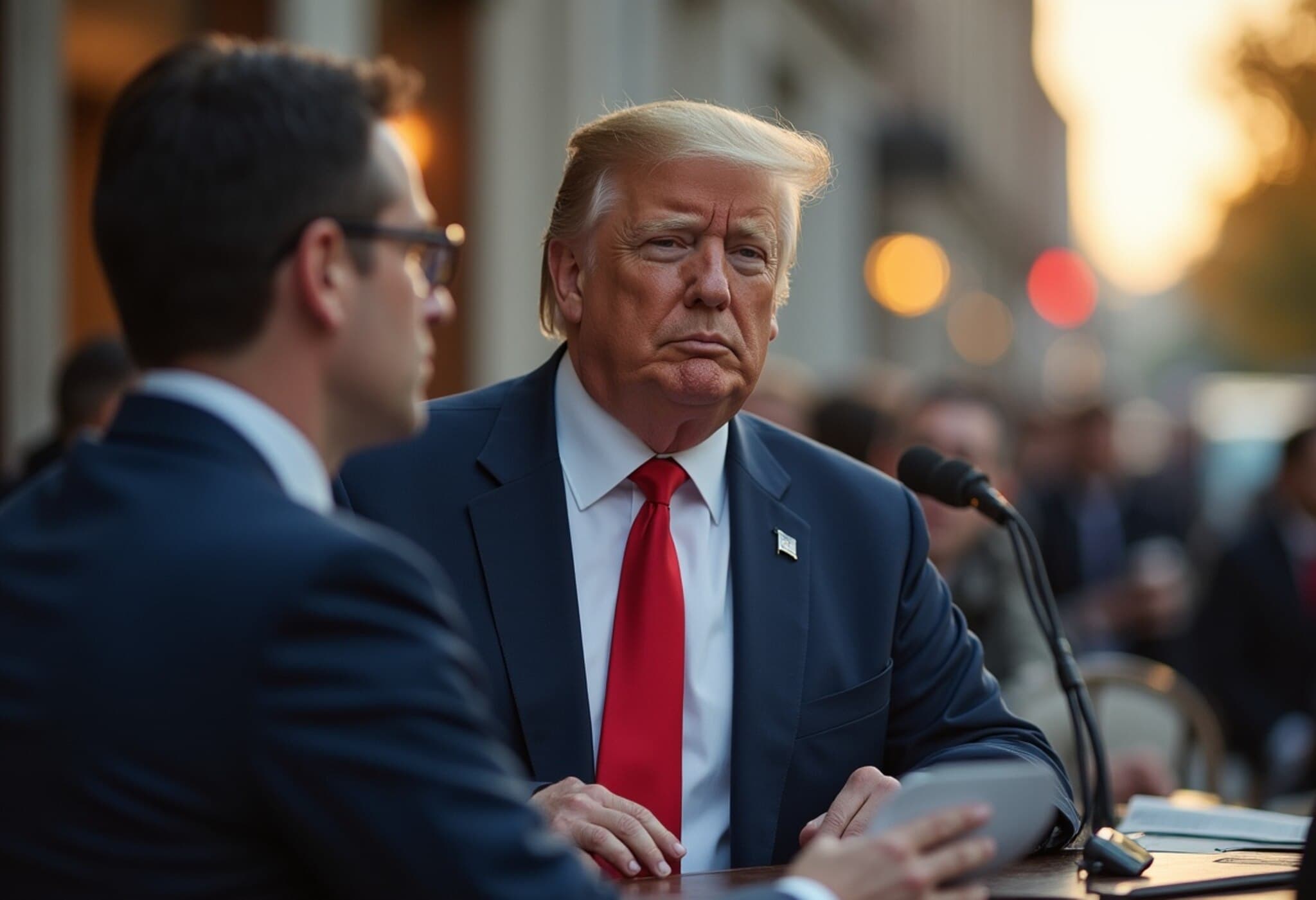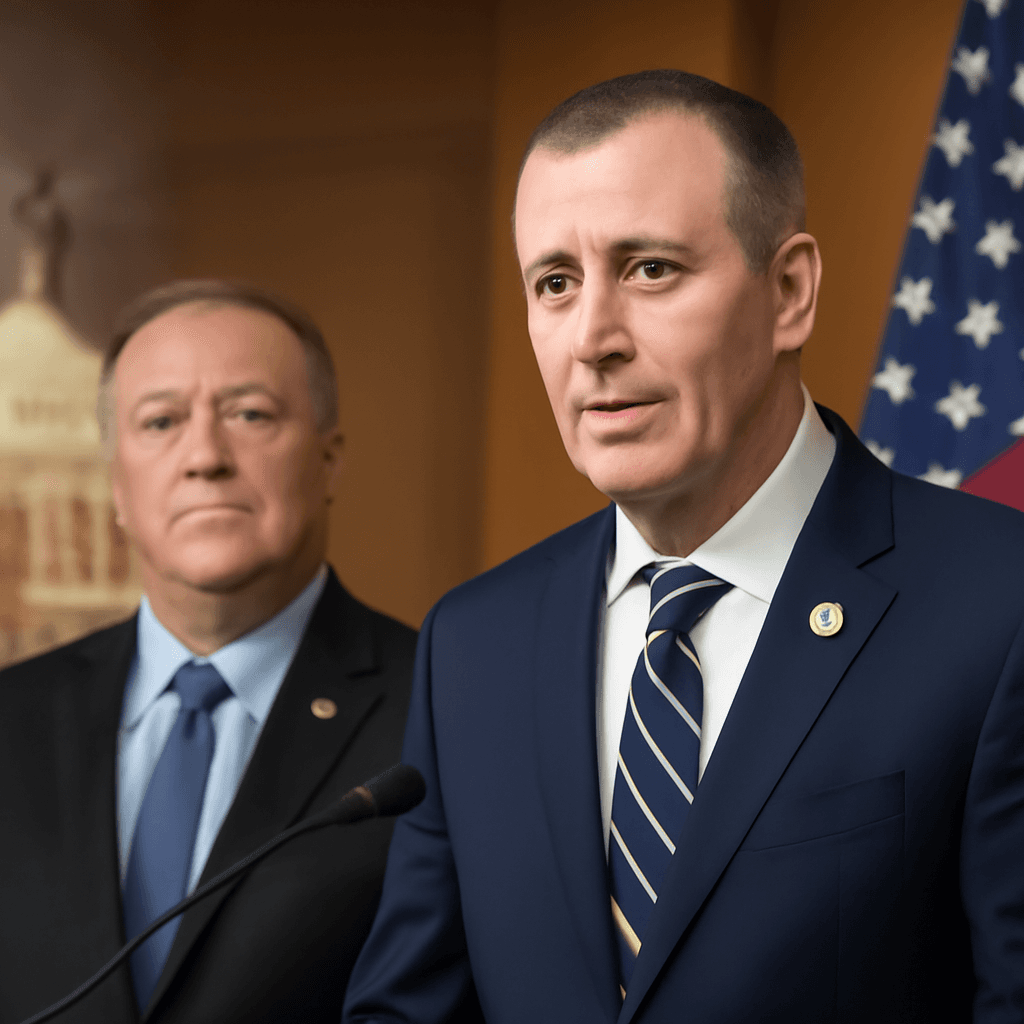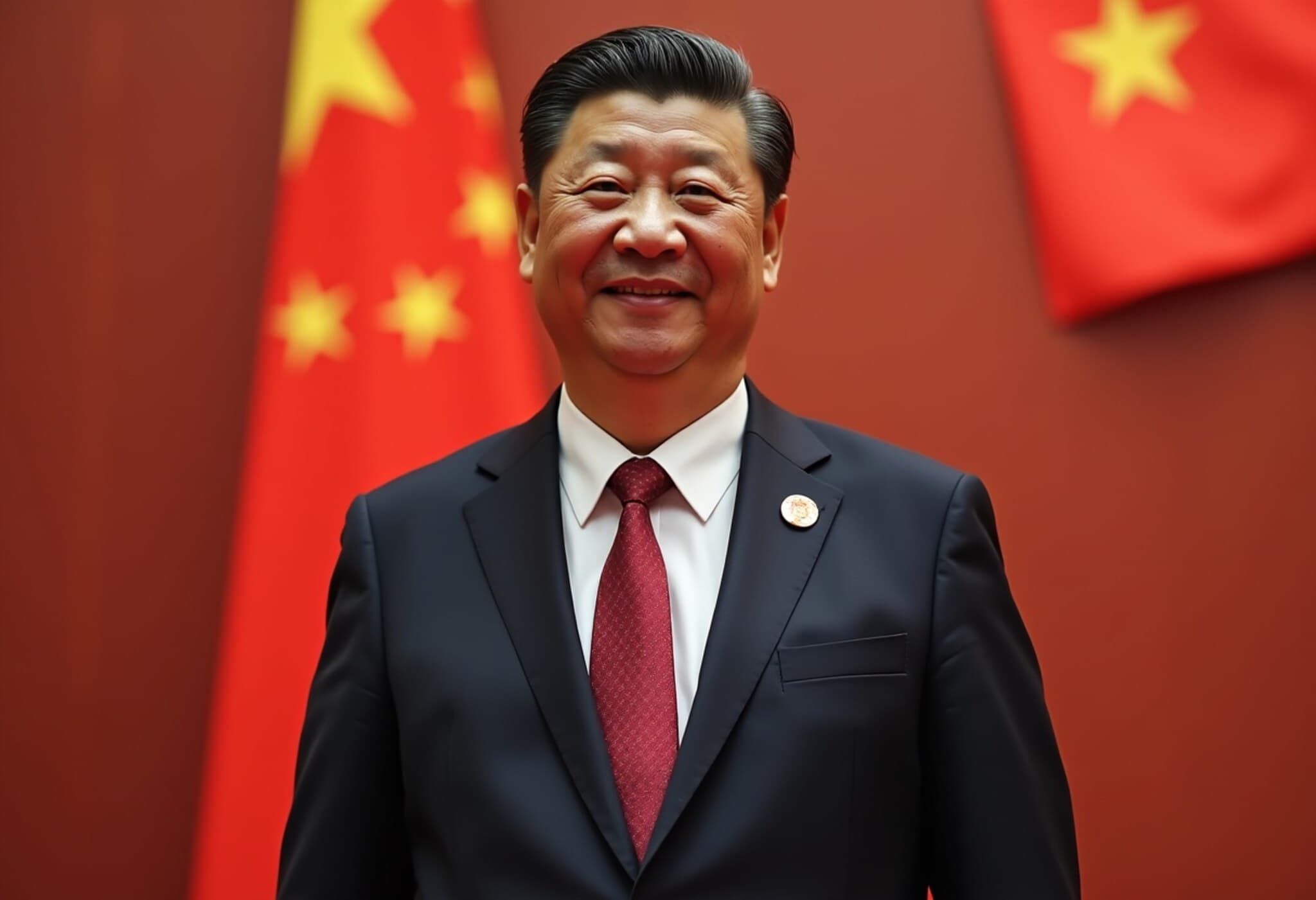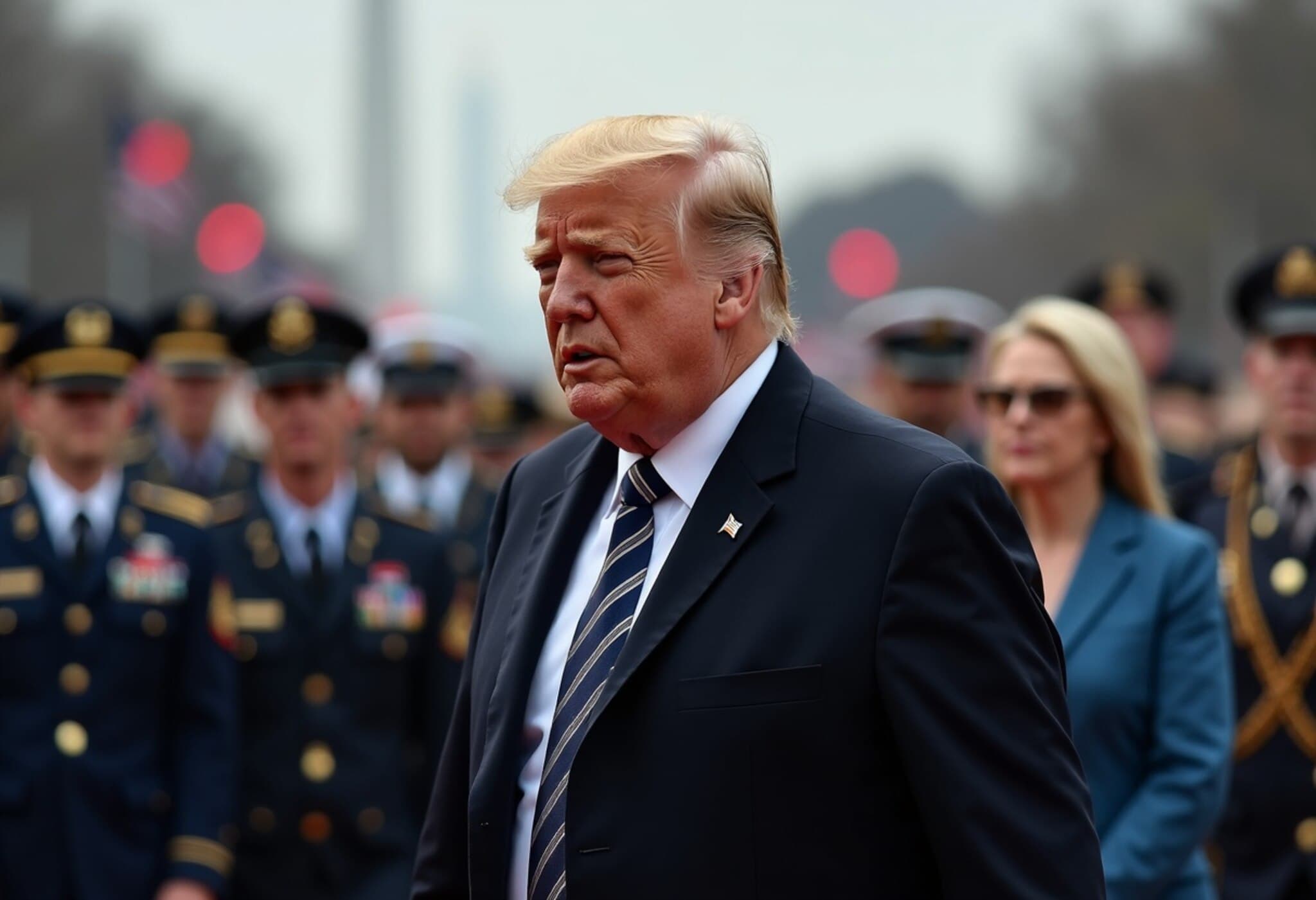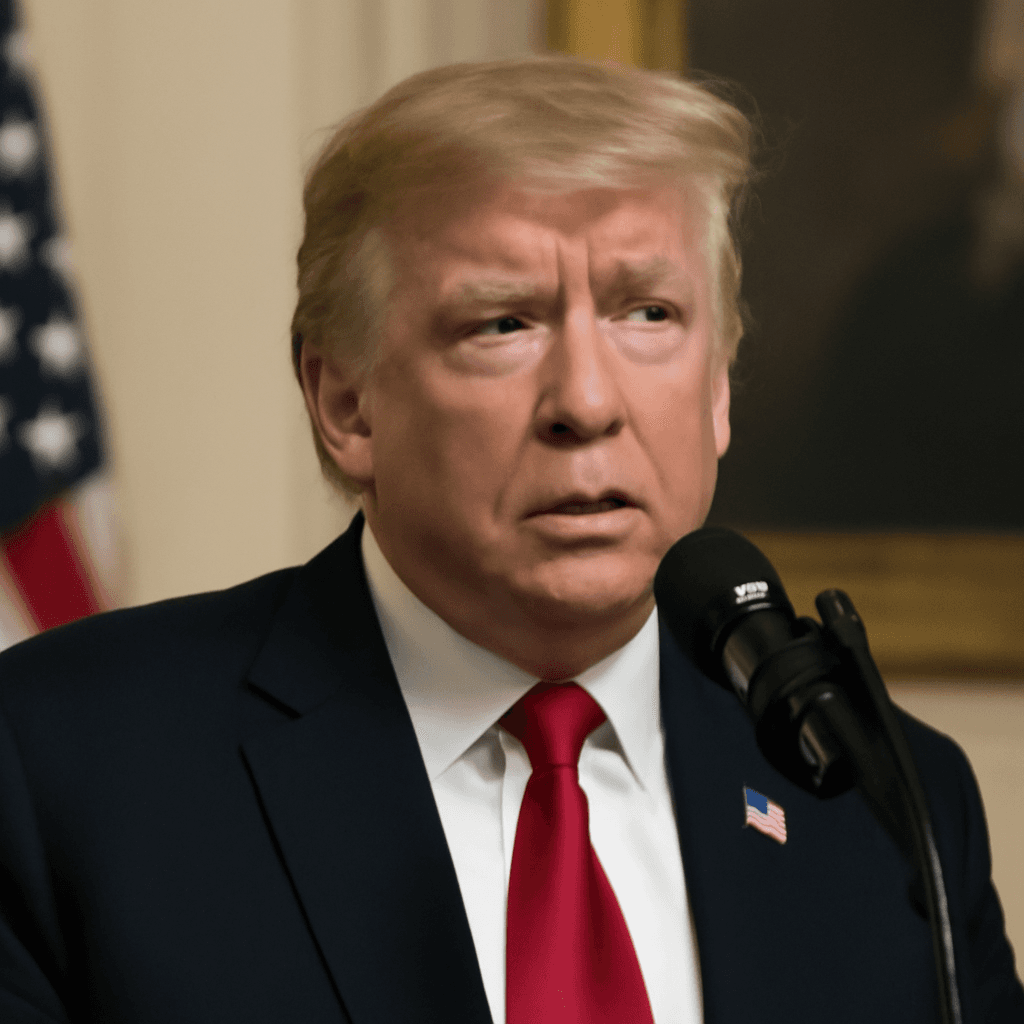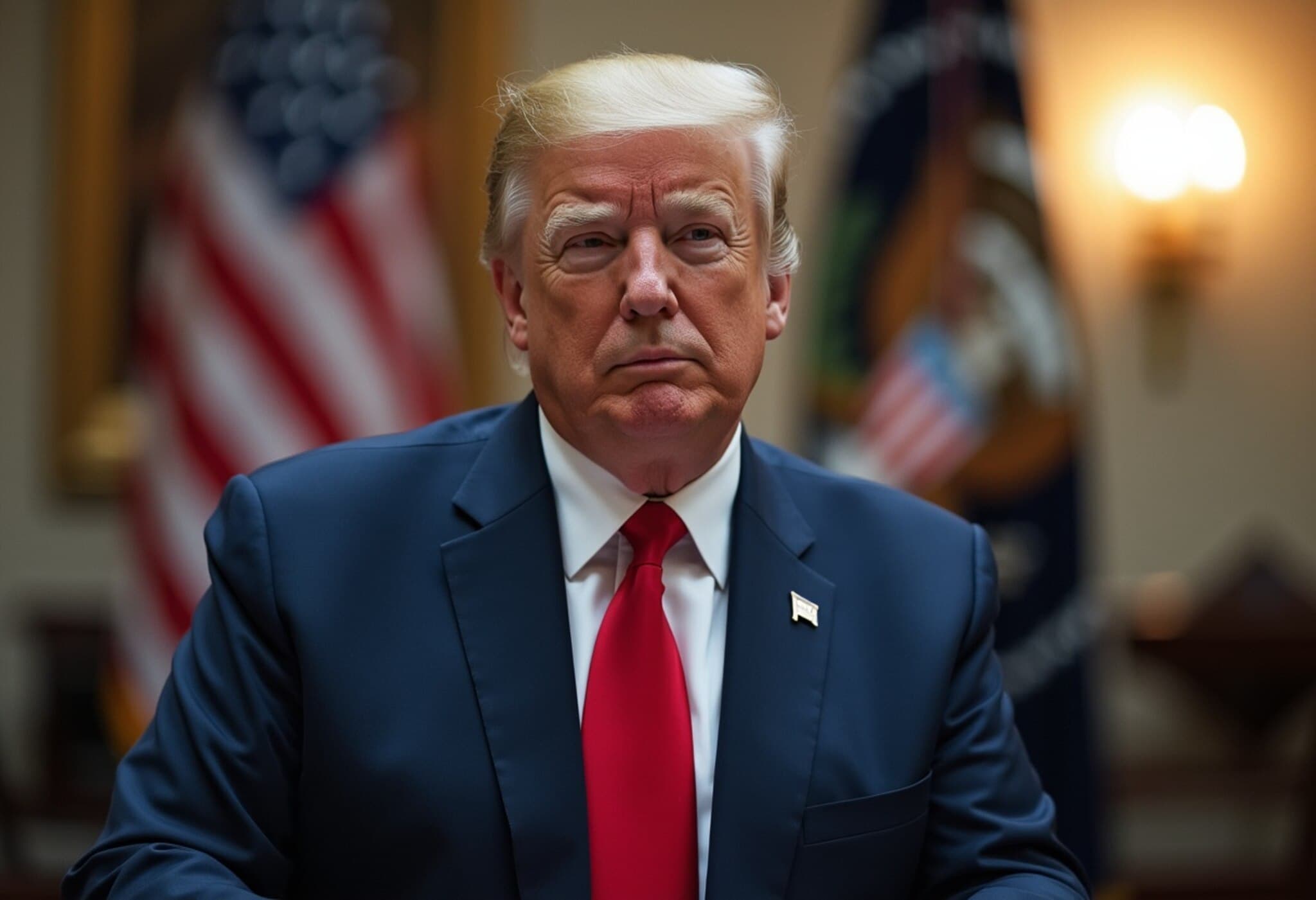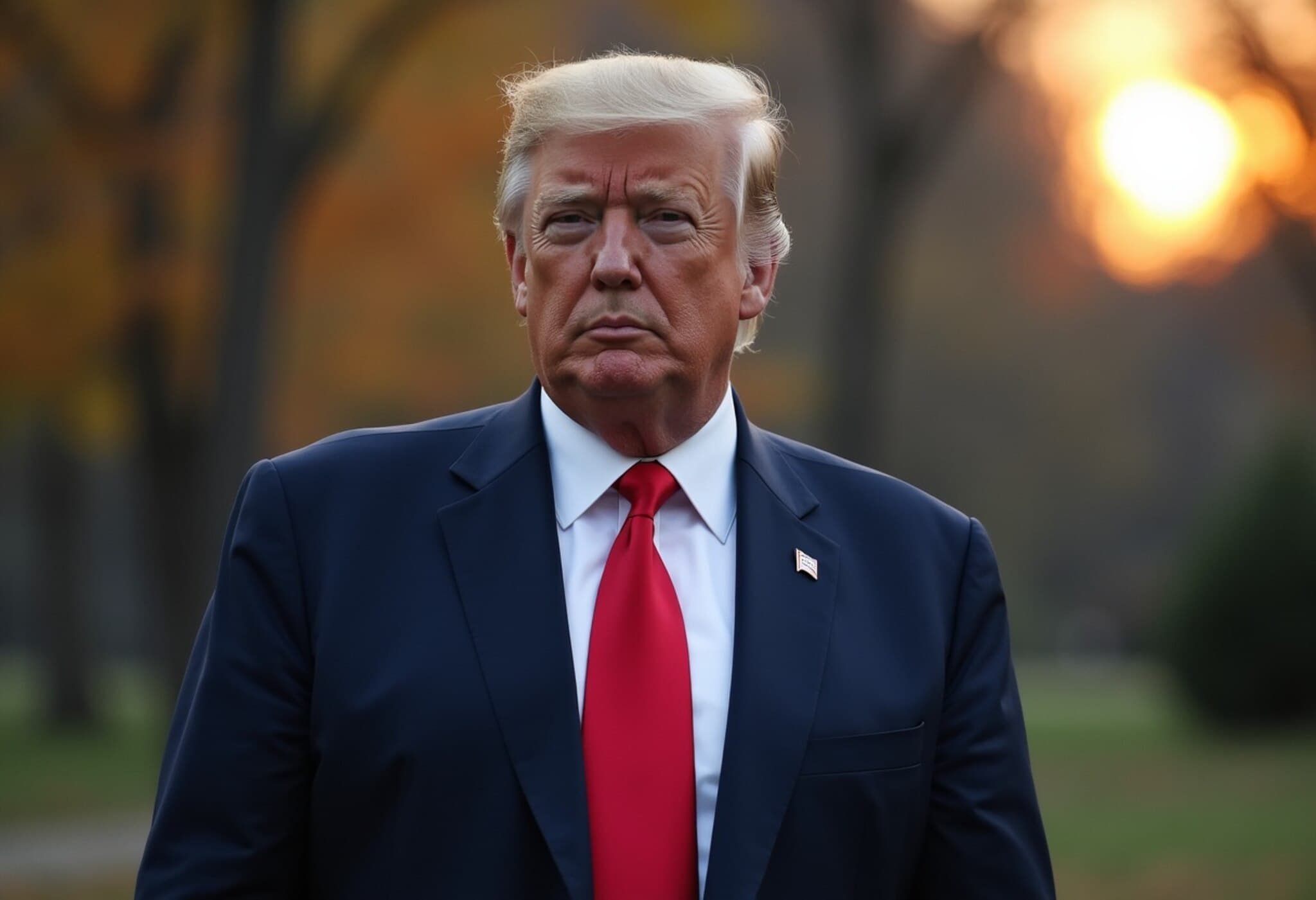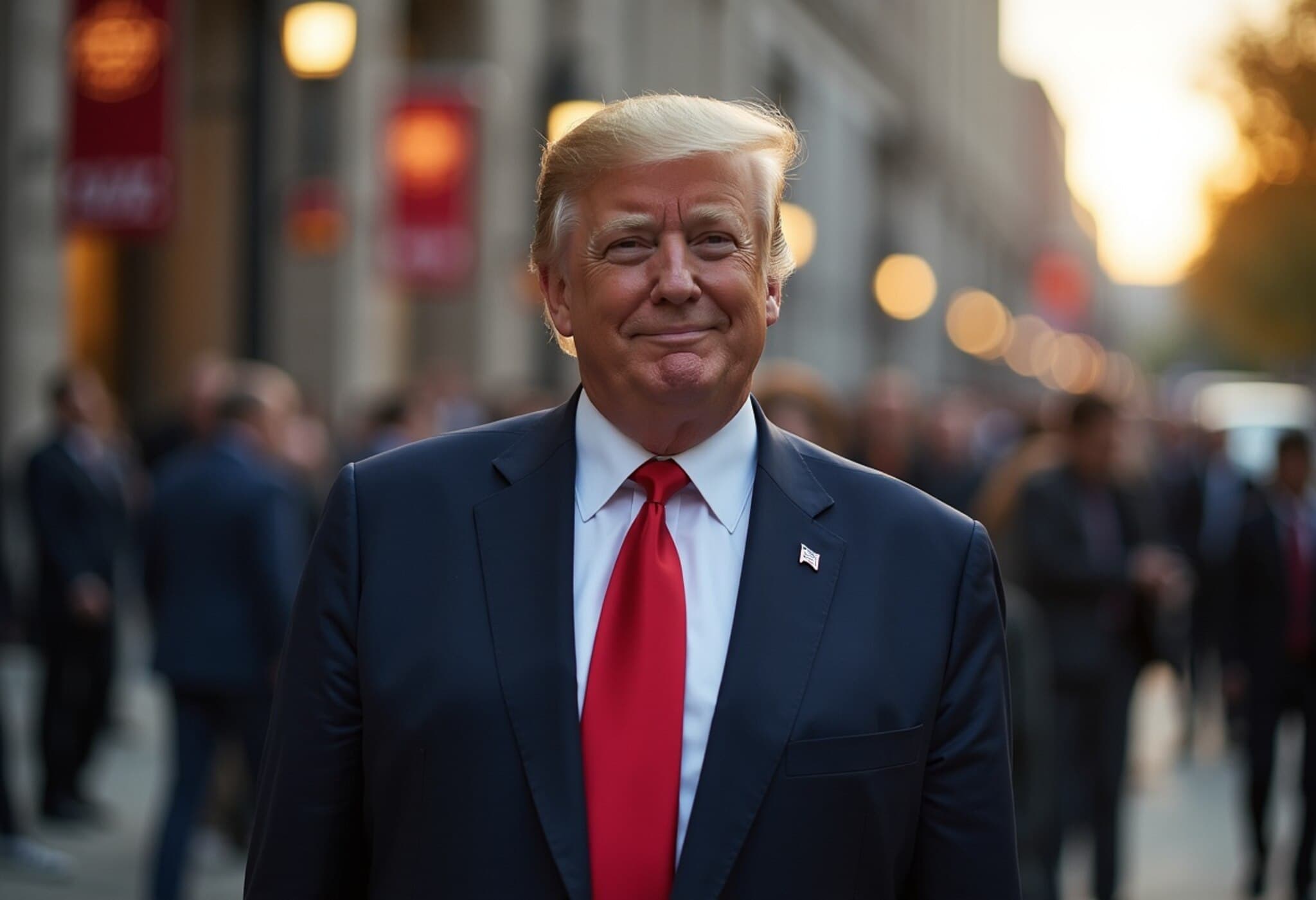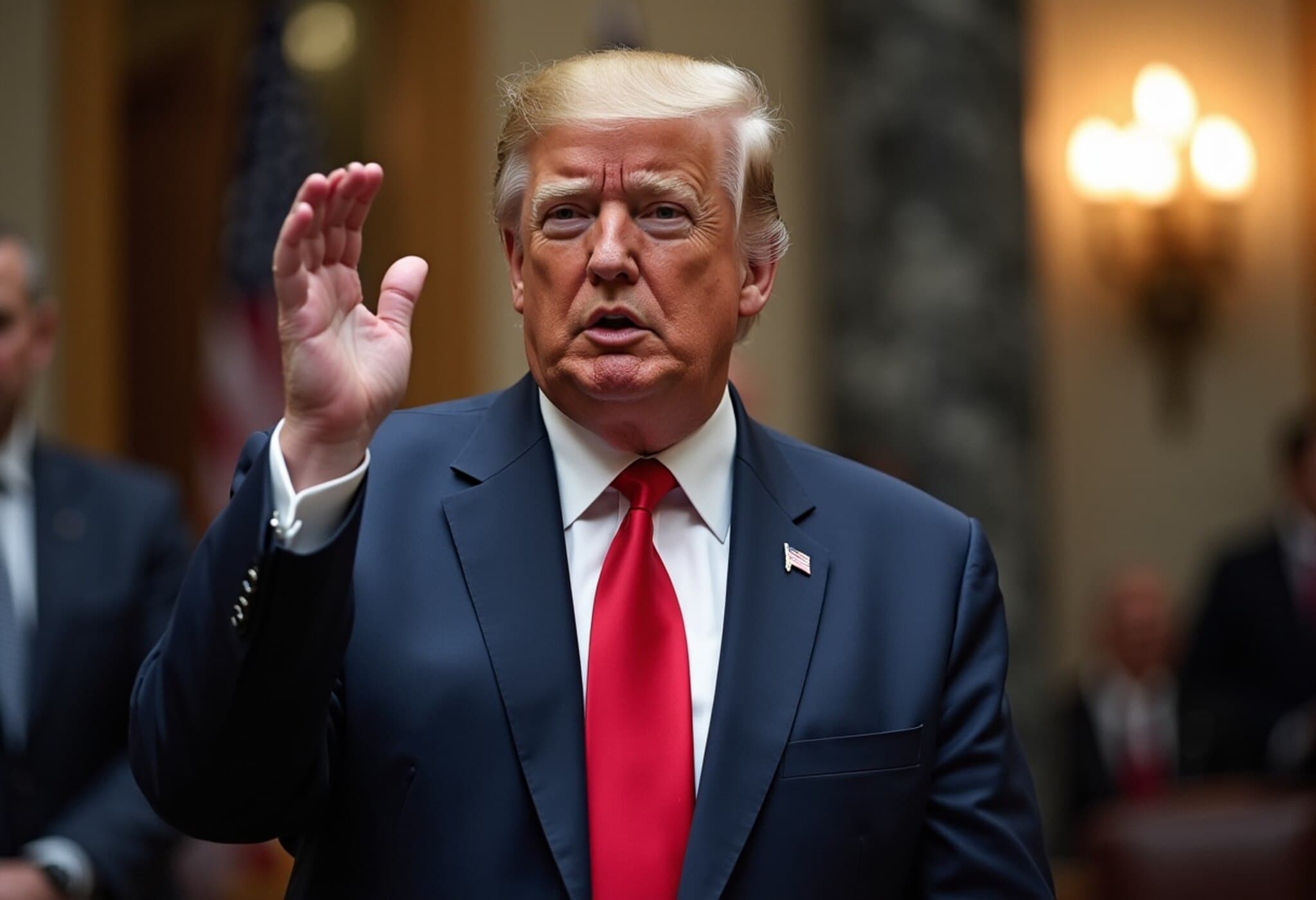Fulbright Foreign Scholarship Board Steps Down Amid Political Interference Claims
In a striking development, the entire 12-member Fulbright Foreign Scholarship Board resigned, citing what it described as political interference by the Trump administration that compromised the board's independent authority to award scholarships. This unprecedented mass resignation shines a spotlight on growing tensions surrounding the integrity of the prestigious academic exchange program.
What Sparked the Mass Resignation?
The board released a detailed statement explaining that the State Department, which oversees the Fulbright program, rejected awards for a substantial number of candidates selected for the 2025-2026 academic year. Furthermore, an additional 1,200 foreign Fulbright recipients are reportedly undergoing an unauthorized review process, raising concerns that more awards could be withheld.
These actions, according to the board, contradict both the law and the founding mission of the Fulbright program, which prioritizes free speech and academic freedom—values embedded in the statute by Congress nearly eight decades ago.
Board Members and Background
Chairing the board was Jed Katz, managing director of Javelin Venture Partners, who, like all members, was appointed during the previous administration. Other resigning members include figures affiliated with the current administration, such as Mala Adiga, a former deputy assistant to President Biden; Jen O'Malley Dillon, who chaired Vice President Kamala Harris’ 2024 presidential campaign; and Vinay Reddy, a former White House speechwriter.
The board emphasized their decision to resign rather than endorse actions they deem legally and ethically impermissible, highlighting how these developments potentially undermine U.S. national interests and the integrity of the Fulbright program’s mission.
The Fulbright Program’s Statutory Authority
Established to foster international educational and cultural exchange, the Fulbright program grants its board final approval authority over scholarship recipients. This occurs after a careful, year-long selection process conducted by nonpartisan career staff at the State Department and U.S. embassies globally.
The board’s statement underscored that any unilateral administrative interference not only violates congressional mandates but jeopardizes the foundation of academic freedom and the spirit of international cooperation the program was built upon.
Reactions and Next Steps
As of now, the State Department has yet to comment on the board’s resignation and the allegations of politicization.
This development marks a significant challenge for the Fulbright program’s future operations and raises questions about potential fallout for scholars worldwide. The academic and diplomatic communities will be watching closely as this story unfolds.
Stay tuned for updates on this developing situation.

